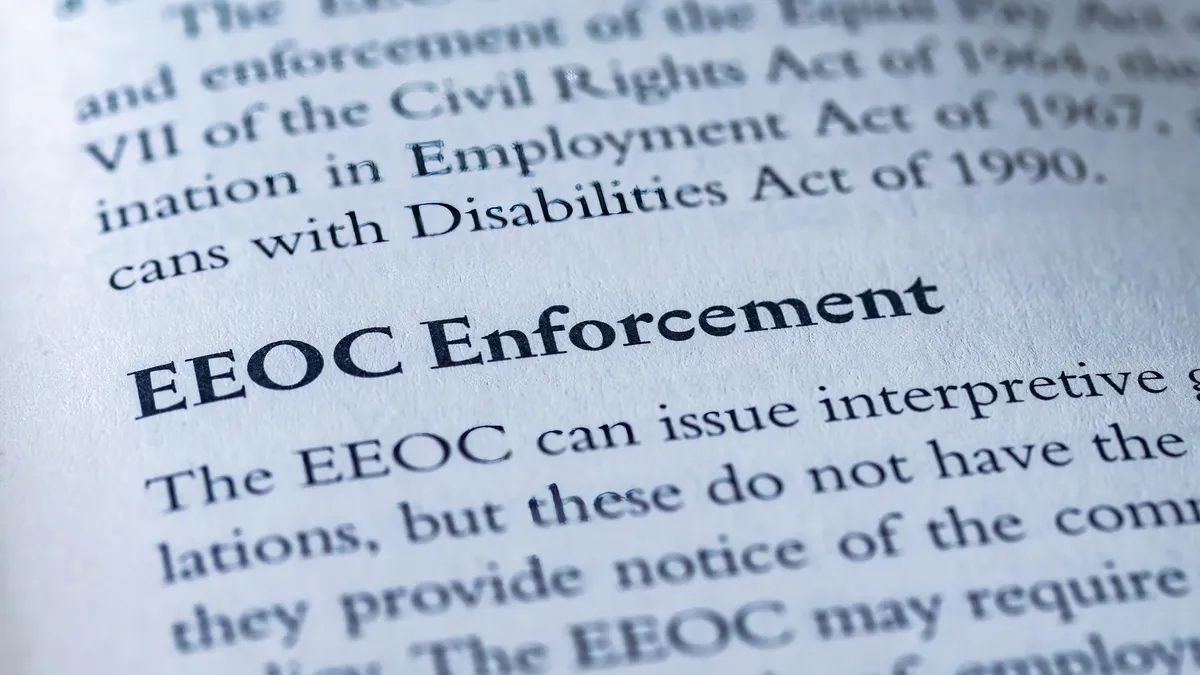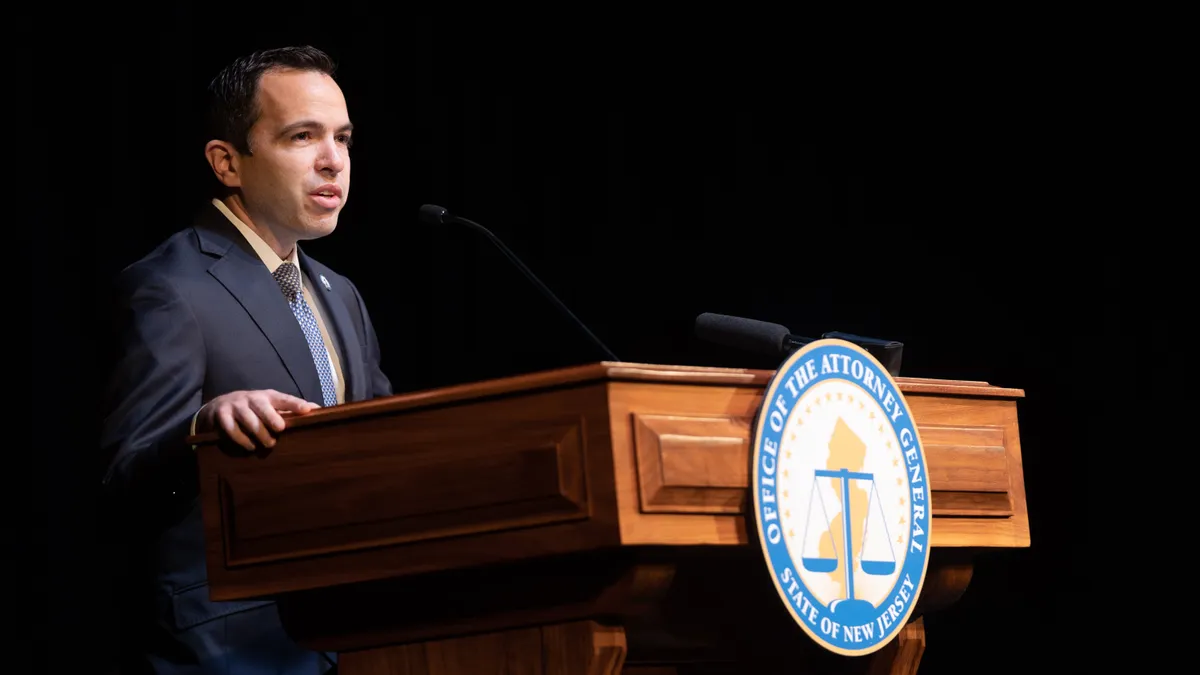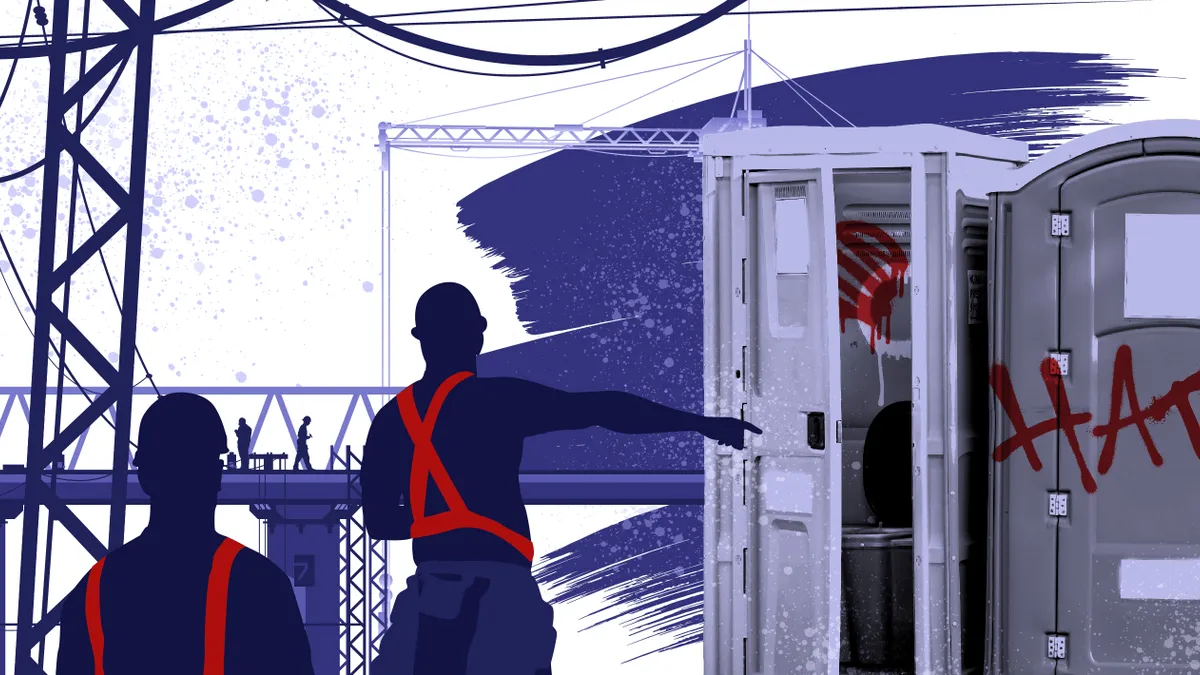Dive Brief:
- A federal judge dismissed an African-American construction worker’s claims of racial discrimination against Microsoft, ruling that the software company was not the worker’s employer during a billion-dollar renovation project at Microsoft’s Redmond, Washington, campus.
- U.S. District Court Judge Ricardo S. Martinez agreed with Microsoft that it didn’t employ Quinte Harris, a laborer who filed the suit and worked on the project run by a joint venture of Skanska and Balfour Beatty at Microsoft’s site.
- Harris’s suit argued that Microsoft should have been aware of the alleged discrimination, since he granted an interview with a local news station detailing the charges, and therefore could have corrected it. But Martinez found that connection wasn’t enough to hold Microsoft liable, though the judge did leave the door open for Harris’s lawyers to amend their original complaint.
Dive Insight:
In his order, Martinez made clear that the suit didn’t make a direct charge against Microsoft. But he also wrote that it hadn’t shown Microsoft actually oversaw the jobsite itself.
“Plaintiff has not alleged that Microsoft engaged in any discrimination itself,” Martinez wrote in his order, filed in U.S. District Court for the Western District of Washington in Seattle. “Furthermore, Plaintiff has failed to allege any facts showing that Microsoft retained any control over the manner of work on the job site or that Harris was injured within the scope of that control.”
The original suit alleged Harris’s supervisor, who worked for the Skanska-Balfour Beatty JV, told him he didn’t like the Black Lives Matter movement, and didn’t care for Black people in general. On the same jobsite, after returning from a Safe from Hate meeting focused on inclusivity initiatives in the construction industry, Harris alleged he found a sign that read, “This is not a safe space.”
In its motion to dismiss, Microsoft argued that holding the company liable for the alleged actions of a Skanska-Balfour Beatty JV supervisor was akin to a homeowner being responsible for a contractor’s treatment of its employees while doing repairs in a home.
“Someone who hires a plumber to work on her home may be liable to ensure the plumber is physically safe from hazards presented by the physical structure if the homeowner maintains physical control over the home while the work is done,” Microsoft wrote in its motion to dismiss. “But if the plumber harasses his employee while in the home, the homeowner cannot be held liable for that harassment.”
Martinez ultimately agreed, but gave Harris’s lawyers the option to amend their complaint, meaning they could refile to include Microsoft in the suit again. The motion did not dismiss the allegations against the Skanska-Balfour Beatty JV.
An attorney for Harris didn’t immediately respond to a request for comment from Construction Dive. A spokesperson for the Skanska-Balfour Beatty JV has denied the allegations.
































